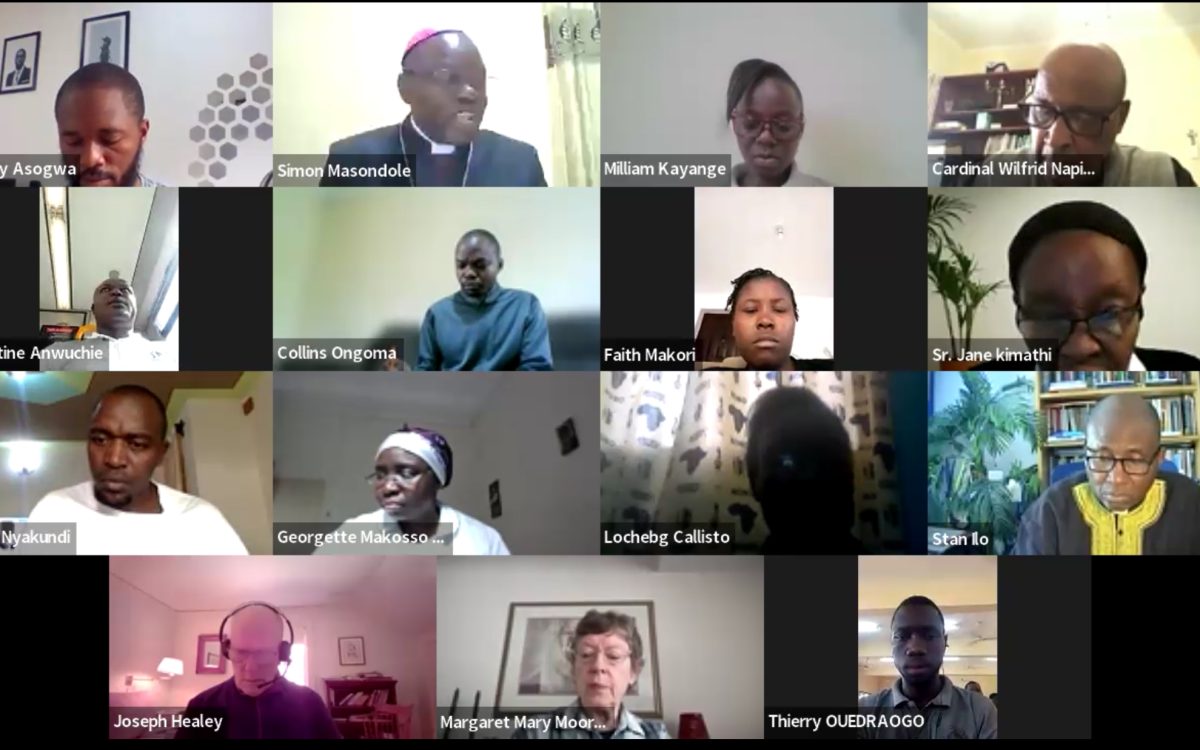The Church-Family-of-God in Africa prepares for the second session of the Synod on Synodality (an online African palaver on the future of the Church in Africa). During its sixth palaver series, the topic was the revision of the Ratio Fundamentalis Institutionis and its place in a missionary synodal perspective. This revision has become important as the formation of priests in the synodal Church undergoes significant transformation, focusing on human formation, emotional intelligence, and lay involvement. Recent discussions have highlighted the need to contextualize these changes within the African Church, incorporating cultural values and addressing modern challenges. This article delves into these crucial aspects of priest formation.
The Importance of Ongoing Formation and Dialogue
Father Nicholas emphasized the necessity of continuous formation for priests, underscoring the church’s role in this process. He highlighted the value of ‘palaver’ (dialogue) and reverential dialogue, advocating for their integration into the formation process. He also stressed the importance of seminarians being well-versed in these structures to enhance their daily ministry.
Questioning Inherited Structures

Today’s palaver conversation was coordinated by Sheila Pires, a Mozambican media practitioner and the Southern African Catholic Bishops’ Conference Communication Officer. She spearheaded today’s discussion entitled The Revision of the Ratio Fundamentalis Institutionis Sacerdotalis in a missionary synodal perspective. From the conversation that took place, it was obvious that the African Church needed to reassess inherited structures from the colonial church, especially the seminary system.
Fr. Toussaint Kafarhire, Sr. Dominic Dipio, and Fr. Augustine Anwuchie pointed out the disconnect between the seminary environment and the real-life situations priests face. They emphasized the neglect of human formation and emotional intelligence in seminaries. On his side, the Archdiocese of Cape Town, Cardinal Stephen Brislin, highlighted the dioceses’ responsibility in priest formation and the need for the involvement of women and laypeople. He was followed by the Bishop of the diocese of Bunda, Tanzania, Simon Masondole, who addressed the challenges and potential solutions for priest formation in Tanzania, noting issues like inadequate catechism foundations and the influence of the media.
Contextualizing Ratio Fundamentalis for the African Church
Fr. Vitalis Aneohobi discussed the necessity of contextualizing The Ratio Fundamentalis for the African Church, stressing the importance of reformed priest formation and lay involvement. Following this, Bishop Masondole highlighted the integration of mental health and psychology into seminary curriculums. In response to both presentations, Fr. Valentine Anaweokhai called for a review of seminary curriculums to address practical clergy issues, such as poverty. He also pointed out the problematic tendency of certain bishops to use seminaries as places to relegate troublesome priests.
Building on these points, Fr. Clemant Majawa emphasized the need to integrate African culture and values into ongoing formation. Cardinal Napier then discussed the significant influence laypeople have on seminarians. Fr. Nnaemeka Ali Omi added that digital tools could be positively utilized in this context. Lastly, Fr. Barnabas Shabayang advocated for a Town Hall model to promote lay interaction and mentorship from experienced priests.
Church Prayer Meeting and Recognition
Mrs. Pires led the moment of intercessory prayer, with participants offering prayers for various aspects of the Church and its leaders. Cardinal Stephen Breslin blessed the group and expressed gratitude for their positive discussion.
The evolving landscape of priest formation in the synodal church emphasizes the importance of continuous learning, dialogue, and cultural integration. By addressing modern challenges and involving the laity, the church can better prepare its priests for real-life ministry.
-
Facebook
-
Twitter
-
Linkedin
-
Whatsapp






